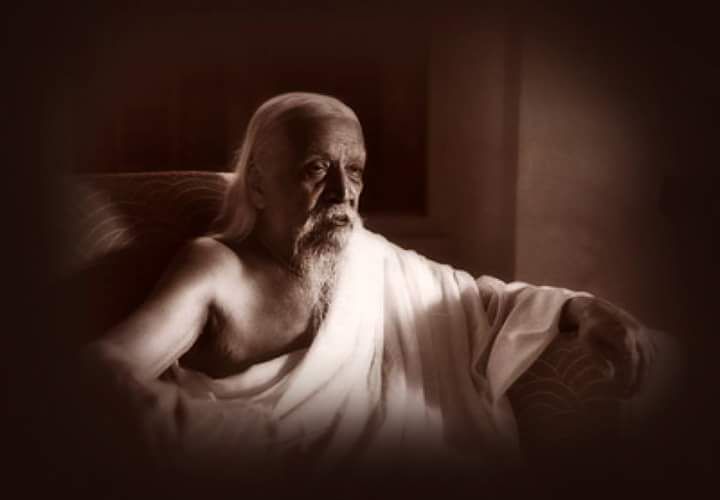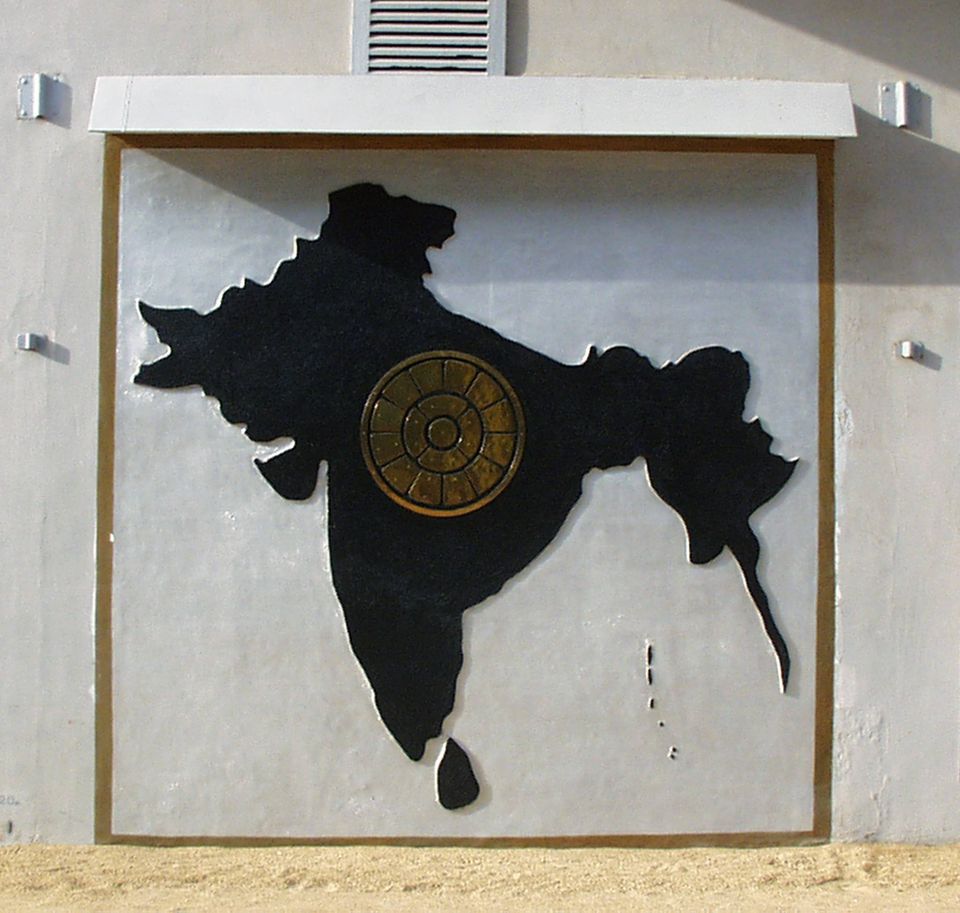Nationalism – Dharma of the age

Periods of Assimilation
09/14/2019
To stay merged in the Divine
09/16/2019Self-sacrifice involuntary or veiled by forms of selfishness is, however, the condition of our existence. It has been a gradual growth in humanity. The first sacrifices are always selfish – they involve the sacrifice of others for one’s own advancement. The first step forward is taken by the instinct of animal love in the mother who is ready to sacrifice her life for the young, by the instinct of protection in the male who is ready to sacrifice his life for his mate. The growth of this instinct is the sign of an enlargement in the conception of the self.
So long as there is identification of self only with one’s own body and its desires, the state of the jiva is unprogressive and animal. It is only when the self enlarges to include the mate and the children that advancement becomes possible. This is the first human state, but the animal lingers in it in the view of the wife and children as chattels and possessions meant for one’s own pleasure, strength, dignity, comfort. The family even so viewed becomes the basis of civilisation, because it makes social life possible. But the real development of the god in man does not begin until the family becomes so much dearer than the life of the body that a man is ready to sacrifice himself for it and give up his ease or even his life for its welfare or its protection. To give up one’s ease for the family, that is a state which most men have attained; to give up one’s life for the honour of the wife or the safety of the home is an act of a higher nature of which man is capable in individuals, in classes, but not in the mass.
Beyond the family comes the community and the next step in the enlargement of the self is when the identification with the self in the body and the self in the family gives way to the identification with the self in the community. To recognise that the community has a larger claim on a man than his family is the first condition of the advance to the social condition. It corresponds to the growth of the tribe out of the patriarchal family and to the perfection of those communal institutions of which our village community was a type. Here again, to be always prepared to sacrifice the family interest to the larger interest of the community must be the first condition of communal life and to give one’s life for the safety of the community, the act of divinity which marks the consummation of the enlarging self in the communal idea. The next enlargement is to the self in the nation. The evolution of the nation is the growth which is most important now to humanity, because human selfishness, family selfishness, class selfishness having still deep roots in the past must learn to efface themselves in the larger national self in order that the God in humanity may grow. Therefore it is that Nationalism is the dharma of the age, and God reveals himself to us in our common Mother.
Ref: Karmyogin




